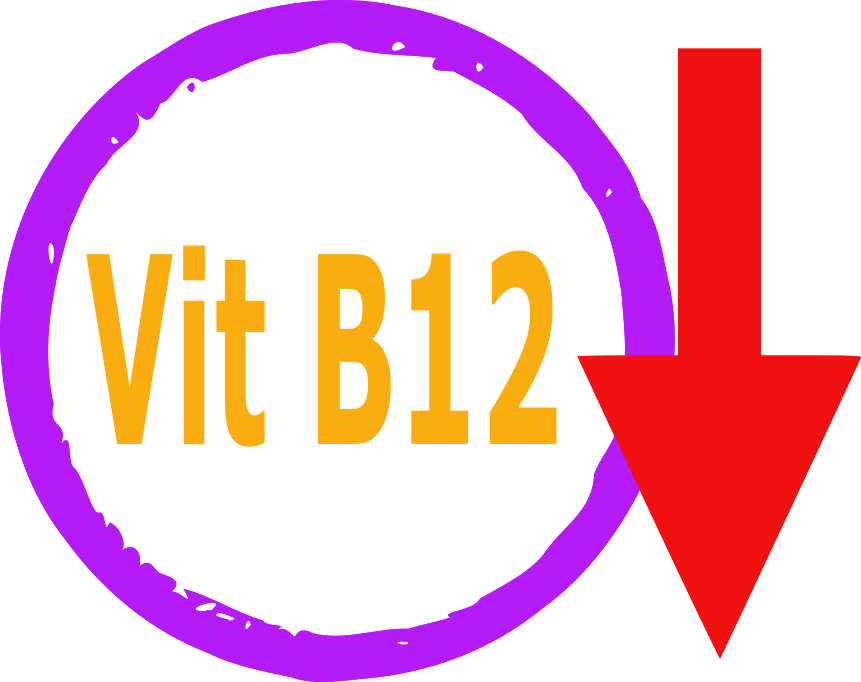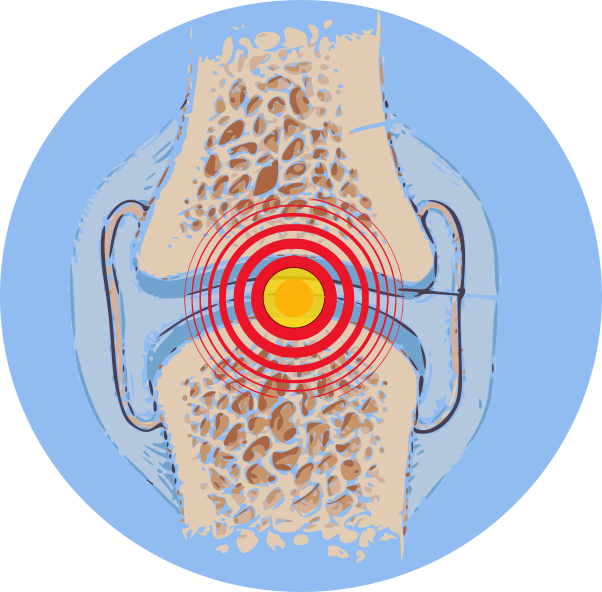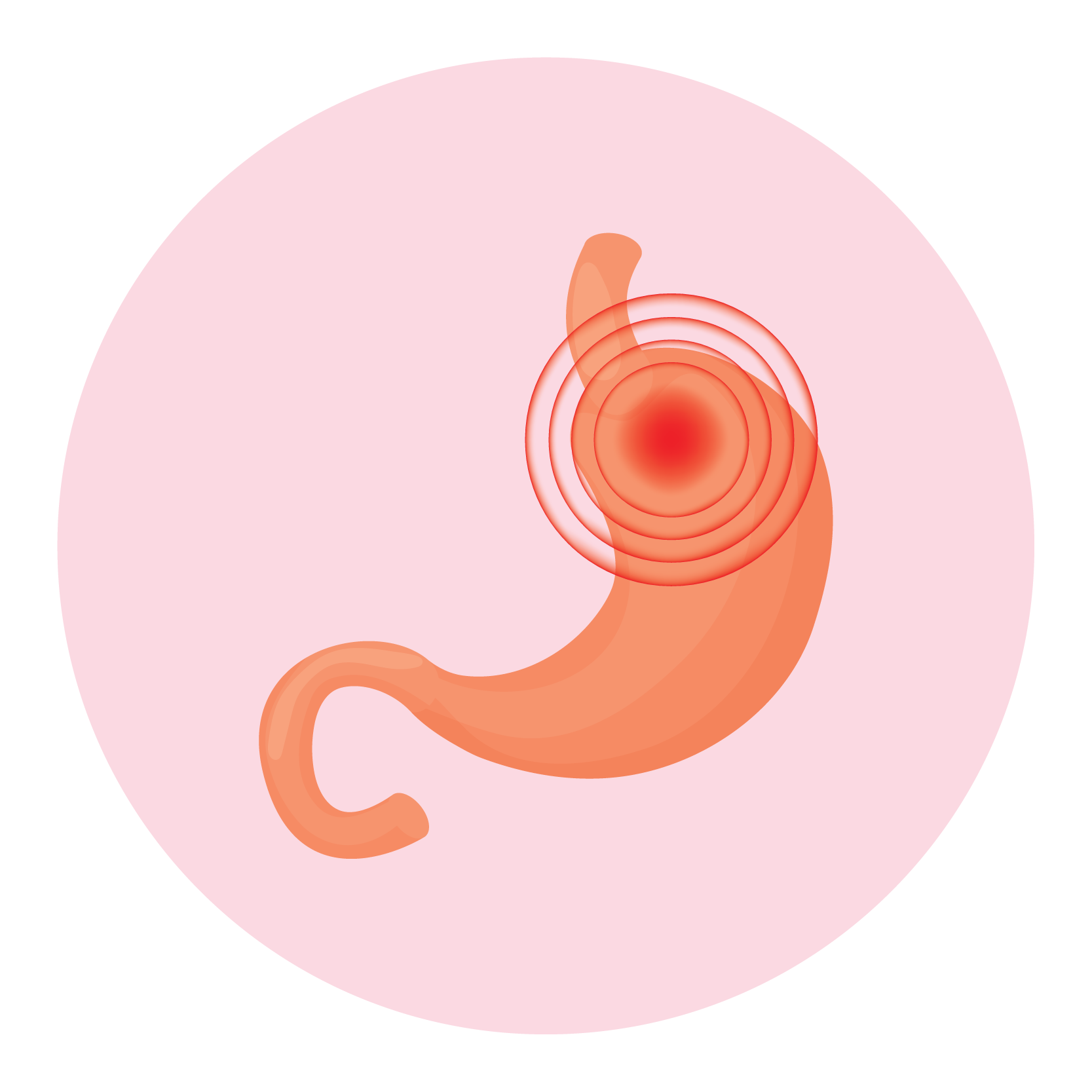| Name | Vitamin B12 |
| Classes |
Nutritional Supplement Vitamin |
| Diseases |
Malnutrition Pernicious Anaemia Vitamin B12 Deficiency |
Vitamin B12
Vitamin B12 is required for the proper function and development of almost all the organ systems, including the brain, nerves, and blood cells. Methylcobalamin is the active form of vitamin B12. The most common type used in supplements is cyanocobalamin, which is metabolized by the body into the active form.
Vitamin B12 is indicated for the following conditions-
- Malnutrition
- Vitamin B12 deficiency
- Cataracts
- Cankers
- Fatigue
- Cyanide poisoning
- Macrocytic anemia
- Thyrotoxicosis
- Malignancy
The adult dose for vitamin B12 differs from person to person depending upon the condition being treated. The usual dose as a supplement is 25 to 2000 mcg orally daily. The usual pediatric dose for vitamin B12 deficiency is 0.5 to 3 microgram daily,
The commonly associated side effects include-
- Arthralgia
- Dizziness
- Headache
- Pharyngitis
- Diarrhea
- Dyspepsia
After receiving a coronary stent, avoid using a combination of vitamin B12, folate, and vitamin B6. This combination may raise the likelihood of blood vessel narrowing. Intensive treatment of B12-deficient megaloblastic anemia may result in hypokalemia and death. In patients with optic nerve atrophy, use with caution. Treatment of severe vitamin B12 megaloblastic anemia may result in thrombocytosis.
Contraindication
Contraindicated in patients hypersensitive to any component of the preparation.
None known.
 Bangla
Bangla English
English










